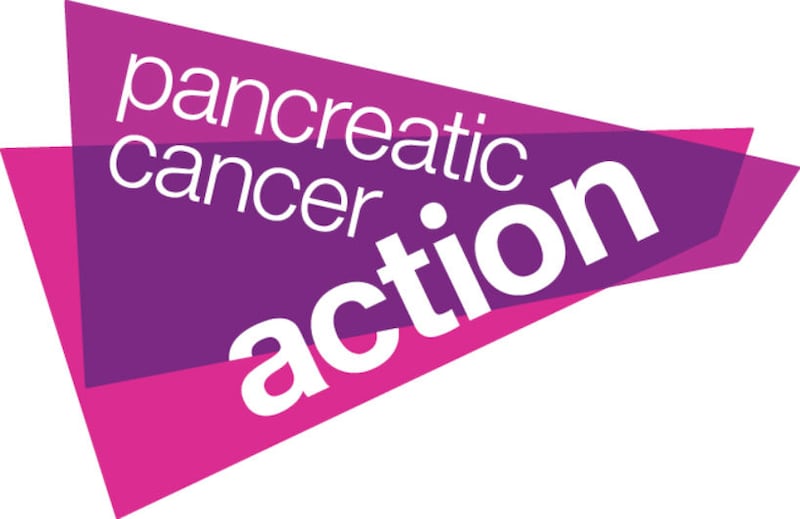According to statistics from a recent survey, awareness of pancreatic cancer in Northern Ireland is the lowest in the whole of the UK, where only two per cent of the population know a lot about the disease.
More shockingly, 62 per cent of people in Northern Ireland don’t know any of the symptoms of pancreatic cancer and 37 per cent of people wouldn’t go to the doctor if they thought they may have symptoms because they are worried what the doctor might find.
Given that pancreatic cancer has the lowest survival rate for all 22 common cancers (less than seven per cent) and it is set to become the UK’s fourth biggest cancer killer, this is very concerning.
Currently, there are around 250 deaths from pancreatic cancer in Northern Ireland which is set to increase.
Video: Symptoms to look out for
According to the charity, Pancreatic Cancer Action, increased awareness of the signs and symptoms of the disease is vital for early diagnosis and increased survival rates. This is because there is currently no screening test for pancreatic cancer.
To tackle these issues the charity is launching the first multi-targeted awareness initiative in Northern Ireland in June 2019. The campaign will raise awareness amongst the general public, pharmacy teams and GPs.
Lu Constable, marketing manager at Pancreatic Cancer Action explains: “Increasing public awareness and overcoming barriers to diagnosis in the public, will not be effective without corresponding increases in health care professionals.
Read More: Widow leads campaign to highlight symptoms of pancreatic cancer
"Engaging with the whole population and healthcare professionals is an important step in creating equal access healthcare and ensuring that patients are diagnosed efficiently.”
Pancreatic Cancer Action, who are working with Northern Ireland Pancreatic Cancer (NIPanC) will be placing adverts in bus stops, on buses, on pharmacy bags, in GP surgeries and in newspapers. They will also be distributing their free GP and pharmacy packs, which include details on their pancreatic cancer e-learning module, to over 650 practices throughout Northern Ireland.
Ali Stunt, Founder & CEO of Pancreatic Cancer Action and a pancreatic cancer survivor said: “As someone who has had the fortune to be diagnosed early, we need to make sure other people can have the same outcome.
"As a small charity we have concentrated our efforts in small regions of the UK as funds have allowed. However, our ambition is to help us get this campaign to all corners of the UK.
"By ensuring that more people are aware of the disease, the symptoms and their risks, we can help change the story for pancreatic cancer. It is not ‘the silent killer’, as it has been dubbed, and going to the GP or pharmacist with symptoms early can help more patients to be diagnosed in time for surgery and potentially save their lives.”
To find out the signs and symptoms of pancreatic cancer please visit pancreaticcanceraware.org
Meanwhile for more information on fundraising or to make a donation towards the campaign, please go online here
How you can support the campaign
Pancreatic Cancer Action are encouraging people in Northern Ireland to support the campaign by taking photos of the charity’s posters and sharing them using the hashtag #PCAware #PCAwareNI and tag @OfficialPCA in the social media post.
They are also encouraging people to take their PCAware quiz to help the public know the signs and symptoms of pancreatic cancer and speak to their friends about it.
For more information, practical support and advice you can always check out Pancreatic Cancer Action’s local group in Northern Ireland by visiting www.nipanc.org.
SPONSORED BY






